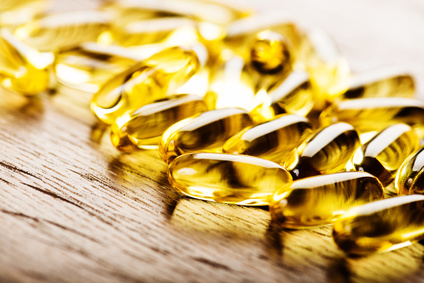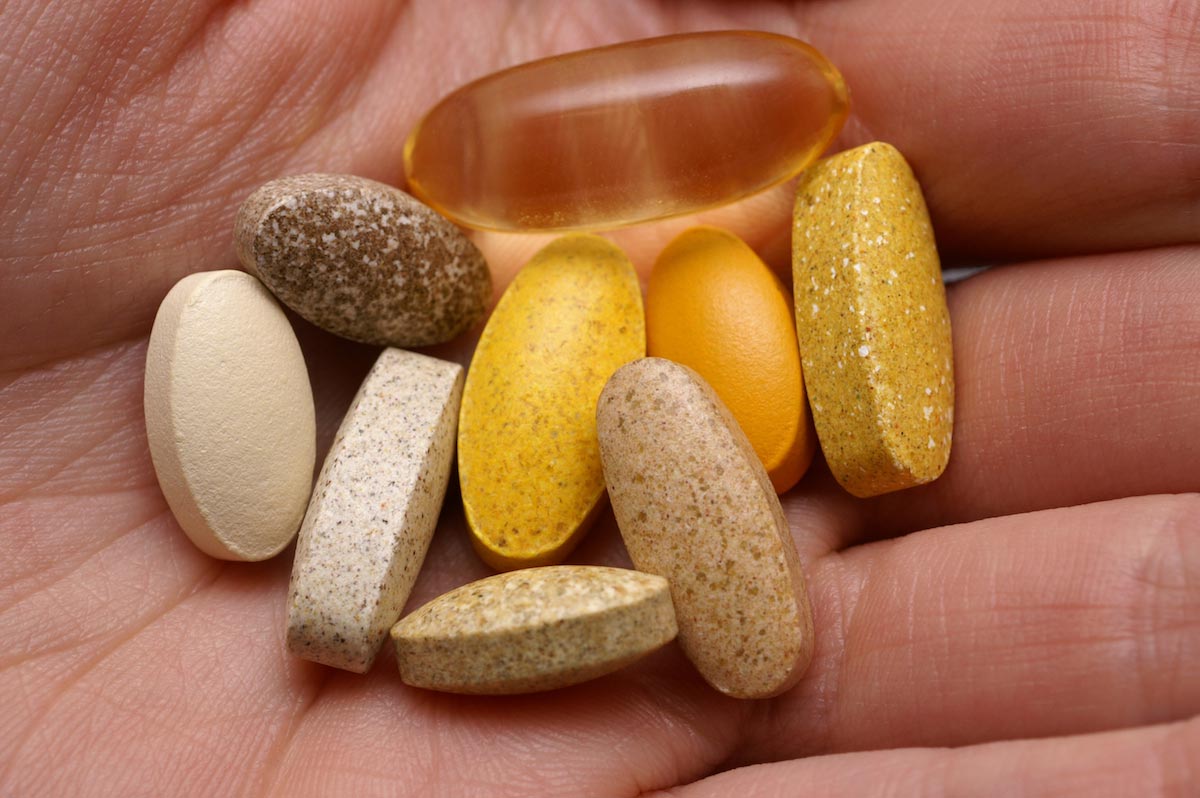Zinc supplementation can benefit individuals with erectile dysfunction, reveals study
04/16/2019 / By Edsel Cook

Men suffering from erectile dysfunction (ED) might want to increase the amount of zinc in their diet. Researchers say that taking supplements of the useful element can help restore the proper functions of the penis.
Simply put, ED is a man’s inability to have and maintain an erection. It is often a secondary effect of either chronic health problems like hypertension or stress disorders such as depression.
There are two conventional approaches to treating erectile dysfunction. One is to treat the health problem responsible for the issue in the first place. This therapy takes time and effort to complete.
The other is to take a pharmaceutical drug that helps start and sustain an erection. However, drugs like Viagra have potentially dangerous side effects, and they can also hamper ongoing medications.
Natural supplements have been used as an alternative treatment for the disorder. Examples include the herbal remedy called horny goat weed and taking vitamin D supplements. (Related: It’s a double whammy – Type 2 diabetes linked to erectile dysfunction.)
Sexual dysfunctions – like erectile dysfunction – are common in zinc-deficient people
Zinc is an integral part of human physiology. It activates more than 300 enzymes that perform various functions in the body. It is naturally found in most staple foods in the Western diet, such as low-fat beef, ground beef, dark poultry meat, egg yolks, and certain cheeses.
Despite its importance, it is fairly common for this element to be in short supply. Indeed, around 17 percent of the global population is not getting enough zinc each day. And since the Eastern style of diet prevalent throughout Asia contains lower amounts of zinc-rich animal products than its Western equivalent, an Easterner is more likely to suffer a deficit of zinc.
Young patients suffering from zinc deficiency are more prone to changes in their physiology. If they are in puberty, their sex organs will develop more slowly and suffer from stunted growth. These problems during the developmental years lead to lower levels of sex hormones and higher chances of associated health problems.
In adults, low levels of zinc appear to be connected to sexual dysfunctions such as ED. It can also drastically weaken the immune system, making a patient more vulnerable to chronic conditions and illnesses, with erectile dysfunction being one of the potential secondary effects.
Taking zinc supplements for erectile dysfunction is “low-risk, high-reward”
In 1995, South African researchers at the University of KwaZulu-Natal evaluated the sexual dysfunction of 22 male patients diagnosed with chronic hypertension. The participants were taking hydrochlorothiazide, a pharmaceutical drug that alleviates hypertension but also depletes zinc levels in the body.
At the start of the experiment, the patients self-reported a higher chance of experiencing sexual dysfunction during medication periods. In particular, elderly and overweight participants were much likelier to suffer such problems with their sexual organs.
All 22 participants received 500 milligrams of zinc supplements each day. The supplementation period lasted for 30 days. At the end of the treatment, the patients displayed slight improvements in zinc concentrations. Furthermore, five of the 22 participants reported that problems with sexual dysfunction have been completely resolved.
Also in 1995, a separate experiment by Shiraz University of Medical Sciences (SUMS) researchers found that erectile dysfunction was a common affliction among men suffering from zinc deficiency. After giving the participants 250 milligrams of zinc for six weeks, they reported that the patients reported improvements in sexual function.
The results of these two studies provide enough evidence to establish a link between zinc concentrations and sexual function. While taking zinc supplements is not a surefire treatment for erectile dysfunction, it is a safe approach that will also benefit the rest of the body.
Sources include:
Tagged Under: benefits of zinc, erectile dysfunction, hypertension, men's health, minerals, natural supplement, nutrients, prevention, reproductive health, zinc, zinc supplementation



















